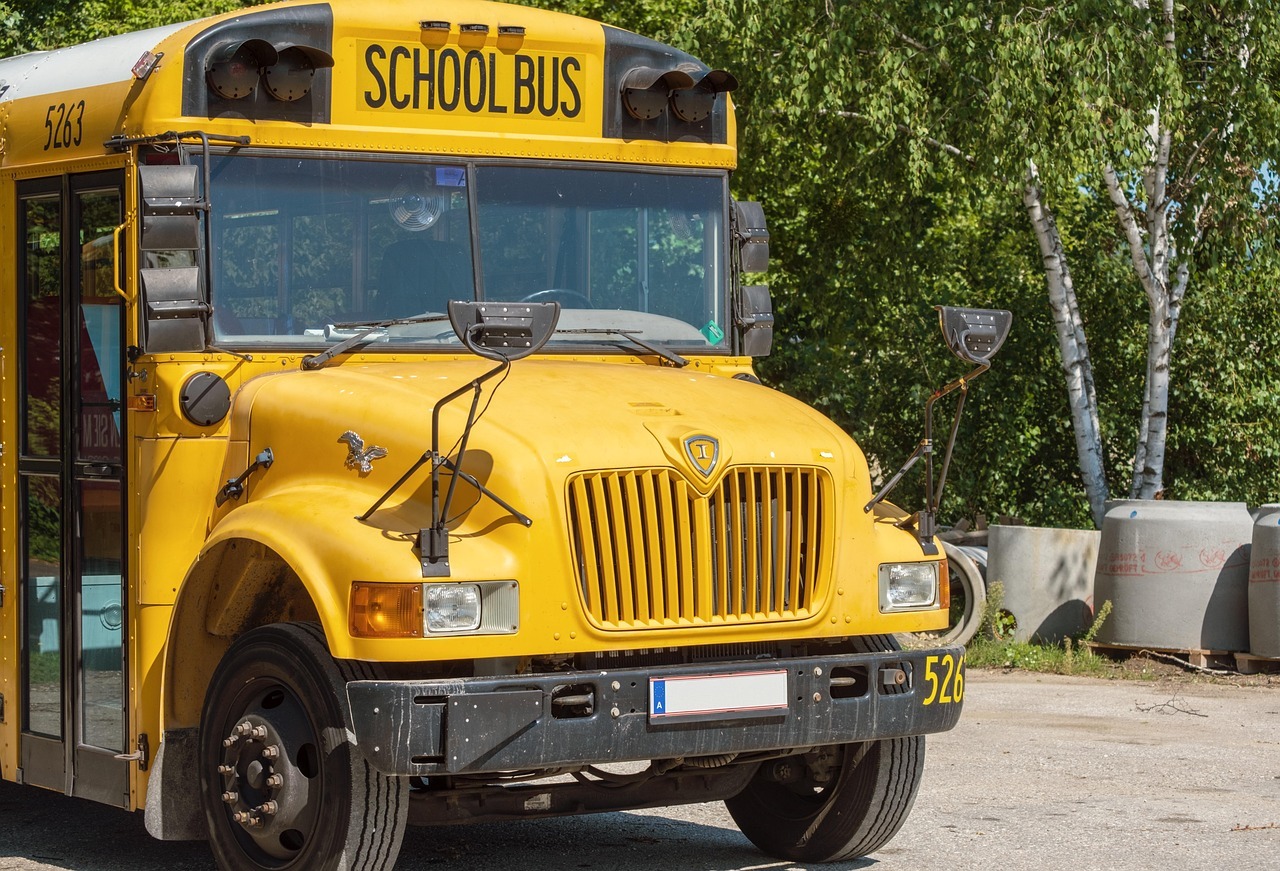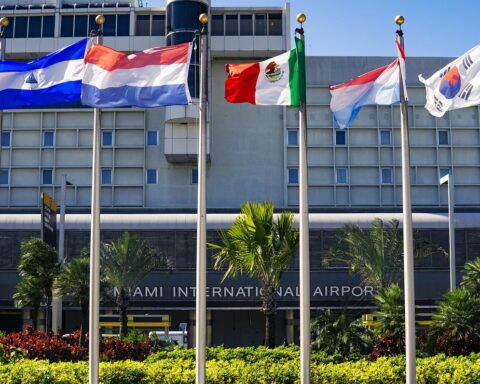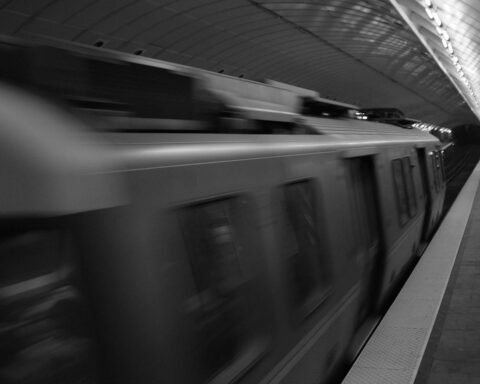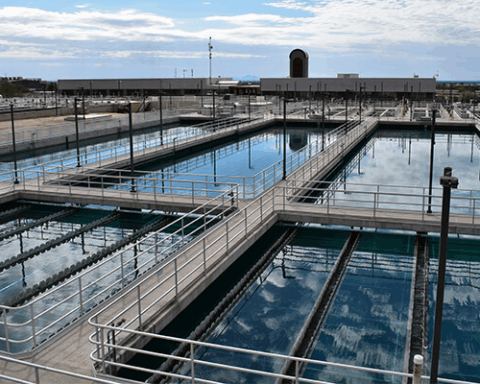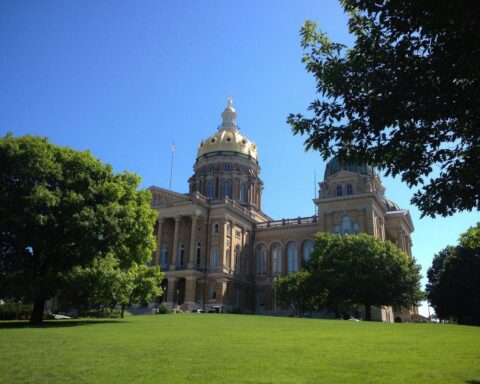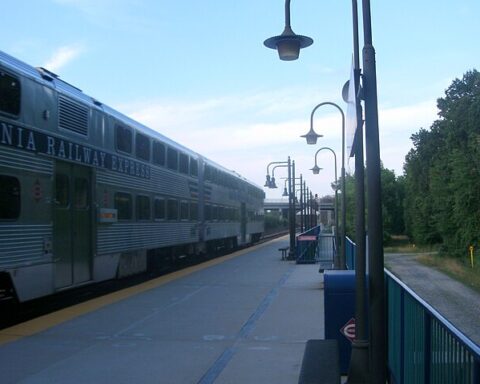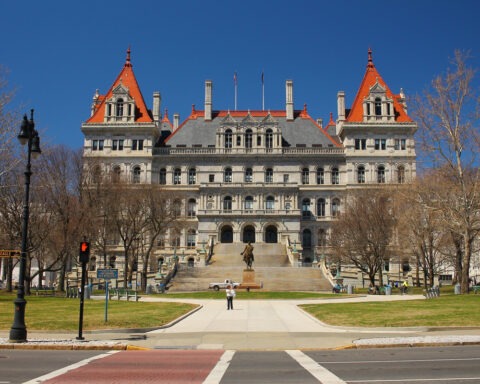The Federal Transit Administration (FTA) has announced $1.5 billion in competitive funding opportunities for transit agencies nationwide, with $1.1 billion earmarked for low- and zero-emission bus projects and $398 million designated for general bus and facility improvements. Applications are due July 14, representing one of the largest federal investments in public transit modernization this fiscal year.
The funding opportunity brings together two transportation grant programs. The Low or No Emission Grant Program will distribute $1.1 billion to help transit agencies purchase electric, hydrogen and other clean-fuel buses along with supporting charging and maintenance infrastructure. The Buses and Bus Facilities Competitive Program provides an additional $398 million for broader fleet and facility improvements regardless of propulsion type.
With aging transit fleets and mounting pressure to reduce transportation emissions, this federal investment aims to address two both challenges simultaneously. The funding comes as transit agencies nationwide grapple with replacing buses that have exceeded their useful life while meeting environmental standards.
Transit agencies can apply for vehicle purchases, facility construction and equipment upgrades across a wide spectrum of technologies. The Low-No Program specifically targets zero-emission buses including battery-electric and hydrogen fuel-cell vehicles, as well as low-emission alternatives like compressed natural gas and hybrid-electric buses. All zero-emission projects must dedicate 5% of federal funds to workforce development training, ensuring transit workers can maintain and operate new technologies.
The largest category of eligible projects involves purchasing or leasing zero-emission buses, with recent awards up to $99.5 million under the Low-No Program. Battery-electric buses represent the most popular technology choice, though hydrogen fuel-cell and other zero-emission options remain eligible. Transit agencies can also use funds to construct or rehabilitate maintenance facilities, charging infrastructure and related equipment necessary to support clean-fuel operations.
The Bus Program takes a broader approach, funding traditional bus purchases and facility improvements without emission requirements. Recent awards under this program ranged up to $26.9 million, supporting everything from bus rehabilitation to new maintenance facilities. This flexibility allows smaller transit systems to address basic infrastructure needs while larger agencies pursue more ambitious clean-energy transitions.
Several major transit systems have already demonstrated the potential impact of federal clean-bus investments. Los Angeles Metro used previous Low-No funding to deploy one of the nation’s largest electric bus fleets, while Chicago’s Metra system has leveraged similar grants to modernize its commuter rail operations. These projects typically create hundreds of permanent jobs while reducing annual carbon emissions.
Geographic and system-size diversity remains a priority in the selection process, with statutory requirements ensuring rural areas receive at least 15% of Bus Program funding. The Low-No Program must allocate at least 25% of awards to low-emission projects that fall short of zero emissions, maintaining support for hybrid and alternative-fuel technologies.
FTA will announce selections within 75 days of the July deadline, with grant obligations typically occurring within 12 months.
Image by Nicky ❤️🌿🐞🌿❤️ from Pixabay



